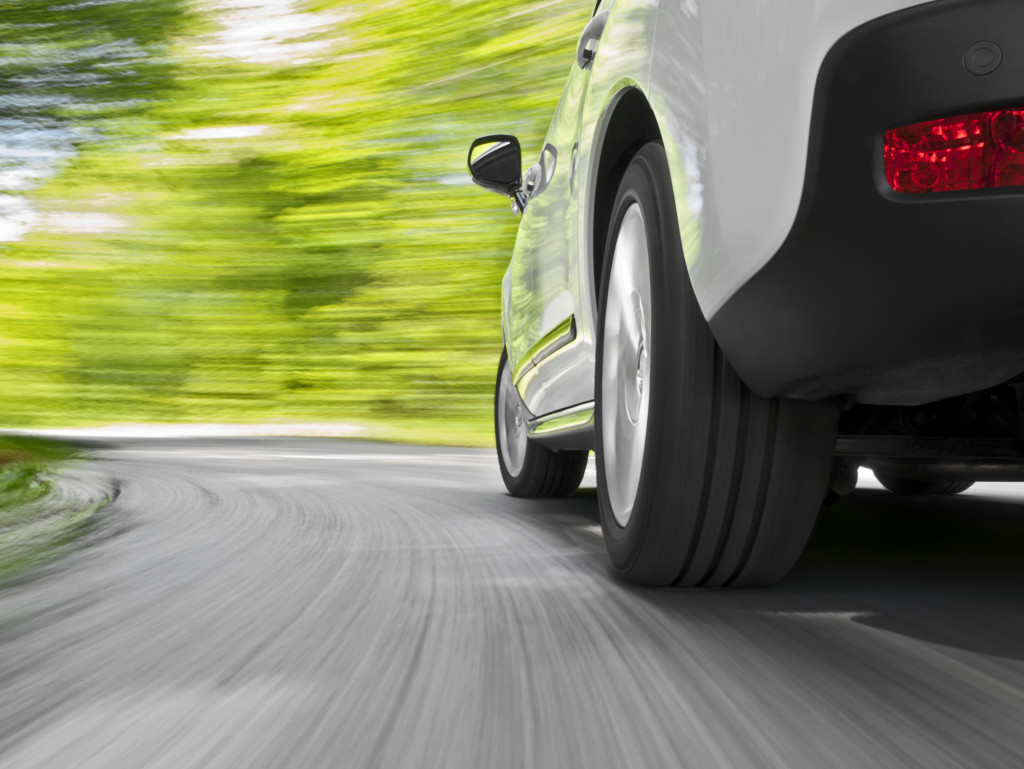- Neglecting oil changes can damage your car’s engine and lead to expensive repairs.
- Skipping tire rotations causes uneven wear and tear, increasing the likelihood of a blowout.
- Ignoring filter replacements can affect your car’s performance and cause a build-up of debris.
- Not checking fluid levels regularly can damage the engine, brake system, and transmission.
- It’s best to call a professional mechanic for significant issues and to read the owner’s manual for maintenance guidance.
Congratulations on your new car! As a proud car owner, you want to make sure that your vehicle runs smoothly for many years to come. That’s why regular car maintenance is essential. However, as a new car owner, you may not know what mistakes to avoid when it comes to car maintenance. In this blog, you will learn about car maintenance mistakes that new car owners should avoid.
Neglecting oil changes.
Oil is the lifeblood of your car engine. Neglecting oil changes can cause damage to the engine. Your owner’s manual will give you a recommended oil change schedule. Make sure you follow it. It’s easy to procrastinate when it comes to oil changes, but delaying them for too long will lead to expensive engine repairs in the future.
Skipping tire rotations.
Tires play a crucial role in your car’s performance, handling, and safety. Tire rotations ensure that your tires wear evenly. Skipping tire rotations can cause your tires to wear out faster and increase the likelihood of a blowout. Your car’s owner’s manual will provide information on how often you should rotate your tires. Make sure you follow this schedule.
Overlooking filter replacements.
Filters are responsible for keeping the air and fuel clean in your car engine. Ignoring filter replacements will cause a build-up of dirt and debris, which can affect your car’s performance. Air filters need to be replaced every 20,000 to 30,000 miles, while fuel filters should be replaced every 30,000 to 40,000 miles.
Not checking fluid levels regularly.

Your car has many fluids that need to be checked and replaced regularly, including coolant, brake fluid, transmission fluid, and power steering fluid. Not checking fluid levels can cause damage to the engine, brake system, and transmission. Checking fluid levels is easy and can prevent expensive repairs in the future.
Not calling professionals for major issues.
If you experience significant issues with your car, such as engine trouble or electrical problems, it’s best to call a professional mechanic. Trying to fix these issues yourself can lead to further damage and even more expensive repairs.
For example, trying to fix a heavily cracked windshield on your own will likely lead to even more severe issues, such as leaking. It’s better to call a cracked windshield repair service provider to get the job done correctly. They will assess the damage and recommend suitable windshield replacements that fit your budget and needs. They can also provide you with advice on how to keep your windshield in the best condition.
Ignoring the owner’s manual.
The owner’s manual is like a bible when it comes to car maintenance. It contains all the information you need to keep your car running smoothly. Here are a few of the most essential pieces of information you will find in this book:
Car maintenance schedule
This will provide you with a timeline for when certain parts of your car need to be serviced and replaced. It will also help you to stay on top of any maintenance work that needs to be done.
Troubleshooting guide
The troubleshooting guide contains information about how to diagnose and fix common issues with your car. It’s essential to read through this section so that you can identify problems before they become serious and expensive.
Recommended fluids
Your owner’s manual will also contain information about the recommended fluids and lubricants for your car. This can help you make sure that your vehicle is getting the proper fluids it needs to run smoothly.
Recommended tire pressure

Your owner’s manual will also contain the recommended tire pressure for your car. This is important because having the wrong tire pressure can lead to uneven wear and tear on your tires and decreased fuel efficiency.
Not reading the owner’s manual is one of the most common mistakes new car owners make. Read this resource to get all the essential information you need to maintain your car.
New car owners need to take proper care of their vehicles. Neglecting oil changes, skipping tire rotations, overlooking filter replacements, and not checking fluid levels regularly can lead to costly repairs in the future. It is also essential that when significant issues arise, you call a professional mechanic instead of trying to fix them yourself.
Lastly, reading your owner’s manual carefully will provide all the information necessary to keep your car running smoothly and efficiently. Following these tips and advice should help ensure your vehicle runs at its best for many years.

